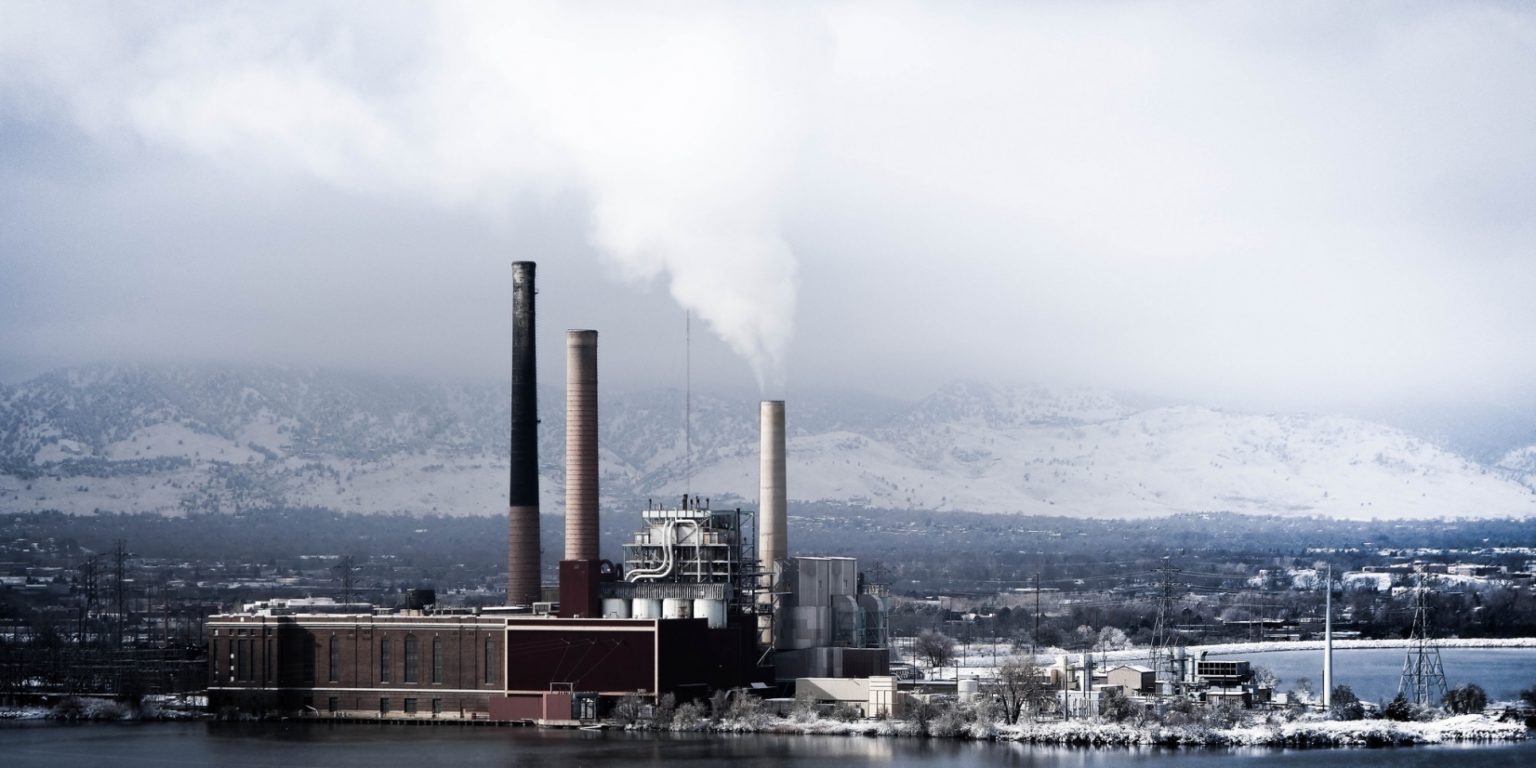So far, 2016 has not been very kind to U.S. energy companies solely invested in coal production, and there is no indication that it’s going to get better anytime soon.
With cheap natural gas substituting coal for electricity production, a sustained downturn in coal demand in China, and tough new regulations on greenhouse gas emissions in the United States, pure play coal companies like Peabody Energy (NYSE: BTU) and Arch Coal (NYSE: ACI), are having a horrible run of it.
St. Louis-based Arch Coal filed for bankruptcy protection on Monday, and that news saw trading immediately halted and proceedings undertaken to have Arch Coal delisted from the New York Stock Exchange. Over the last ten years, Arch Coal’s share price dropped from a high of $104.45 per share, to trading at a mere 15.5 cents this week prior to the halt to trading.
Arch Coal’s Chief Financial Officer John Drexler stated as part of the bankruptcy filing on Monday that, “over the past several years, a confluence of economic challenges and regulatory hurdles has hobbled the coal industry.”
A major hurdle for U.S. coal has been tough new greenhouse gas regulations introduced by the Environmental Protection Agency that have put a virtual ban on new coal power plant construction over concerns of rising global temperatures and atmospheric disruption caused in part by carbon emissions from coal-fired electricity plants.
According to the EPA, the single largest source of greenhouse gas emissions in the United States is electricity production (31%), with a large percentage of that pollution (77%) coming from burning coal for electricity.
The largest coal producer in the United States, Peabody Energy (NYSE: BTU) is also finding itself in financial dire straits with its stock price crashing even further on news of Arch Coal’s bankruptcy.
Peabody Energy shares were in a freefall for most of 2015 and that has continued into early 2016, with its shares on the NYSE closing today at $3.93. Peabody Energy shares peaked at $1,260.75 per share in mid-2008 and have never really recovered since.
Peabody Energy (NYSE:BTU) Stock Ticker (1 year)
Sledding hill? No this is Peabody’s stock chart.
While greenhouse gas regulations have delivered a major blow to company’s like Peabody and Arch, it is coming at the same time as China is drastically cutting back coal imports.
According to Chinese government data released this week, overseas shipments of coal to that country declined 30% in 2015. Financial analysts are pointing to various factors for this huge drop in coal imports, with numerous sources citing an economic slowdown, coupled with efforts to cut smog and greenhouse gas emissions as the main culprits.
The outlook remains bleak for the rest of 2016 for energy companies like Peabody that did not read the tea leaves and diversify beyond coal.
Check out DeSmog’s new tool to follow the action: Energy Market Tracker: Coal Industry Stock Tickers
Image credit: Carolannie on Flickr.
Subscribe to our newsletter
Stay up to date with DeSmog news and alerts






